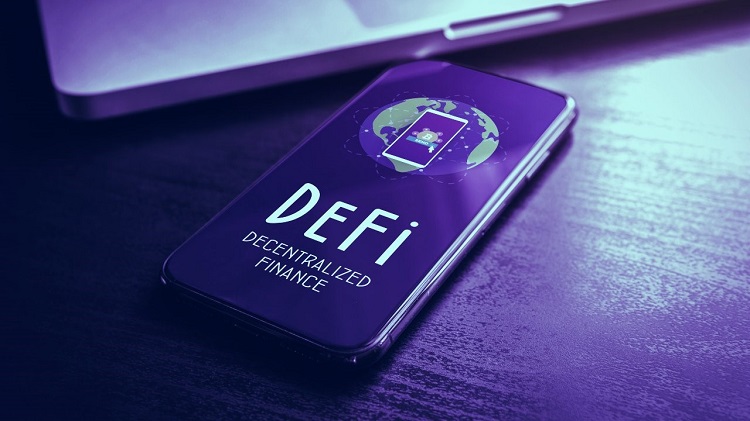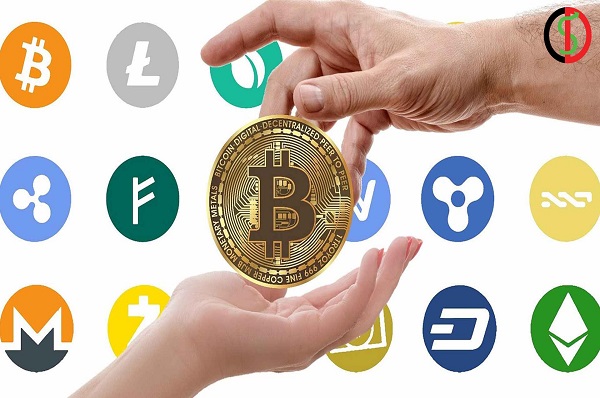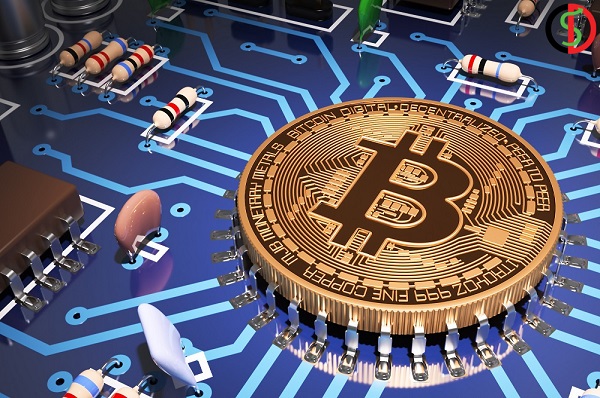Introduction
DeFi is a replacement to the old monetary structure, which was secretive, highly restricted, and kept together by equipment and procedures that were several decades old. DeFi is an accessible and worldwide financial system that was developed for the digital world.
It grants you authority and insight into your financial situation. It exposes you to economies on a worldwide scale and provides options to the currency and banking choices in your own country. DeFi gadgets make it possible for anybody with an internet access to utilize financial services; in addition, its customers primarily own and are responsible for maintaining this equipment.
There have been tens of billions of dollars’ worth of cryptocurrency transferred over DeFi apps to this point, and that number is continuously increasing every day. Stay with digital currency signal till the end of this article for more information.
What exactly is DeFi?
The word “DeFi” refers to a collection of financial goods and services that are available to anybody who is able to use Ethereum, which is defined as anyone who has access to the internet. If you use DeFi, the markets will never be closed, and there will be no centralized authority that can prevent you from making payments or give you access to anything else.
Since they are now handled by code that anybody can view and analyze, services that were before sluggish and exposed to the possibility of human mistake are now automated and far safer.
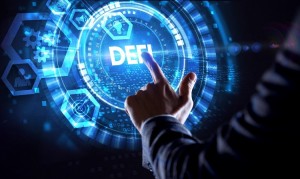
There is a flourishing cryptocurrency market out there in which you may lend, borrow, long or short, make interest, and do a lot more besides. Argentinians who are familiar with cryptocurrencies have adopted DeFi as a means to avoid the country’s debilitating inflation.
Companies have begun providing their workers with real-time updates on the amount of their paychecks. Some individuals have even obtained and repaid loans worth millions of dollars without being required to provide any kind of personal identity at any point in the process.
How exactly does DeFi function?
The blockchain technology that underpins cryptocurrency is used by decentralized financial systems. A distributed database or ledger that is protected by cryptography is called a blockchain. Transaction processing and blockchain operation are both handled by specialized applications known as dApps.
Transactions are first recorded in blocks on the blockchain and then validated by other users of the system. If these verifiers come to an agreement on a transaction, the block will be closed and encrypted, and a new block will be generated with information about the previous block included inside it.
The blocks are “linked” together by the information included in each subsequent block, which is where the term “blockchain” comes from. It is impossible to make changes to a blockchain because the information in earlier blocks cannot be altered without having an effect on the ones that come after them. Along with a number of additional security procedures, this idea is what gives a blockchain its reputation for being very safe.
Is DeFi safe?
Due to the novelty of the DeFi technology, unexpected and unfavorable results are always a possibility. Because new businesses that employ DeFi technology have a higher risk of failing (failure is quite prevalent among start-ups), and because mistakes made by programmers might offer lucrative possibilities for hackers, these businesses should proceed with caution. If you invest money in or store money with a DeFi initiative that ultimately does not succeed, you run the risk of losing all of your money.
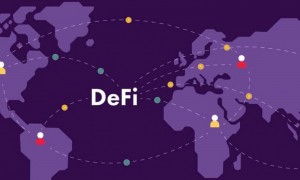 Deposits made with conventional centralized financial institutions are protected by the Federal Deposit Insurance Corporation, but decentralized finance systems often do not give any way to retrieve lost funds if they are misplaced or stolen. If a customer has problems with a conventional business deal, they have the option of filing a report with the Consumer Financial Protection Bureau. However, if you are a victim of a fraudulent DeFi transaction, you do not have this option available to you.
Deposits made with conventional centralized financial institutions are protected by the Federal Deposit Insurance Corporation, but decentralized finance systems often do not give any way to retrieve lost funds if they are misplaced or stolen. If a customer has problems with a conventional business deal, they have the option of filing a report with the Consumer Financial Protection Bureau. However, if you are a victim of a fraudulent DeFi transaction, you do not have this option available to you.
It is important to note that another kind of DeFi program is starting to become available to solve these limitations. Those people who want to safeguard themselves from financial losses brought on by other smart contracts have the option of purchasing decentralized insurance. This kind of insurance is generated when users pool their bitcoin holdings as collateral.
Those who are insured against losses in bitcoin are subjected to premiums that are jointly set by the people who participate to the cryptocurrency pools.
The drawbacks and dangers involved with Defi
There are no safeguards for consumers
In the lack of laws and restrictions, DeFi has been able to flourish. But this also implies that consumers may not have many options if anything goes wrong with a transaction. In centralized banking, for example, the Federal Deposit Insurance Corp.
(FDIC) is responsible for compensating deposit account holders for losses of up to $250,000 per account and per institution in the event that a financial institution fails. In addition, by law, financial institutions are obliged to set aside a certain percentage of their total capital as reserves. This is done to ensure the continued viability of the financial system and to ensure that you will always have access to the funds in your account. There are no safeguards of a comparable kind in DeFi.
Hackers pose a potential risk
While it may be very difficult to make changes to a blockchain, other components of decentralized finance are highly susceptible to being hacked, which may result in the loss or theft of cash. Every conceivable use of decentralized finance relies on computer programs and networks that are susceptible to attack by malicious users.
The necessity of a private key
When dealing with DeFi and cryptocurrencies, it is imperative that you protect the wallets in which you keep your digital assets. Wallets are protected by private keys, which are very lengthy and one-of-a-kind passwords that are only known to the wallet’s owner. It is impossible to retrieve a lost private key, which means that if you misplace it, you will no longer have access to your cash.
FAQ
What exactly is DeFi?
The word “DeFi” refers to a collection of financial goods and services that are available to anybody who is able to use Ethereum, which is defined as anyone who has access to the internet. If you use DeFi, the markets will never be closed, and there will be no centralized authority that can prevent you from making payments or give you access to anything else.
How exactly does DeFi function?
The blockchain technology that underpins cryptocurrency is used by decentralized financial systems. A distributed database or ledger that is protected by cryptography is called a blockchain. Transaction processing and blockchain operation are both handled by specialized applications known as dApps.

